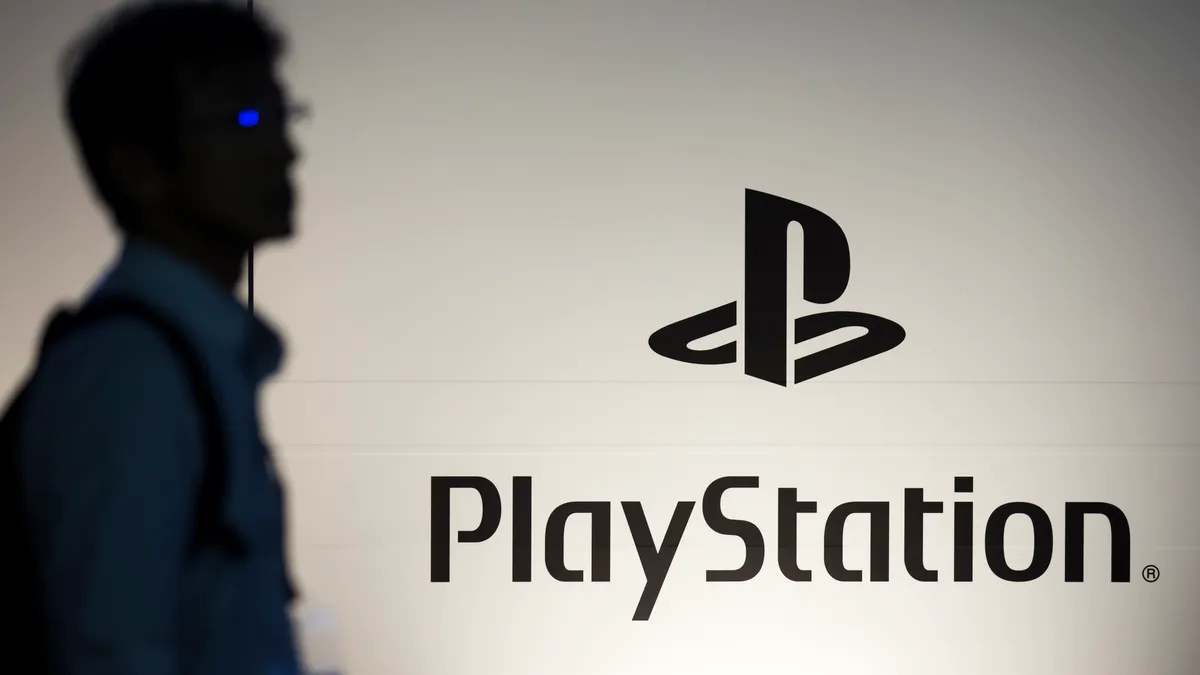Dive Brief:
- Sony expects demand for its PlayStation 5 gaming console to outpace supply in the coming fiscal year as the electronics maker faces a supply crunch, Hiroki Totoki, Executive Deputy President and Chief Financial Officer, said on a May 10 earnings call.
- Totoki noted that the company has "changed our source of procurement and also changed our design" to cope with the procurement issues.
- Despite the mitigation efforts, Totoki said Sony is "behind" in its ability to provide PlayStation units to customers "smoothly on a timely basis," with particularly low inventory levels in China. Sony hopes to normalize those inventory levels by the end of this year.
Dive Insight:
Sony cut its PS5 production forecast to 18 million consoles in the coming fiscal year because of component constraints, particularly in China. Totoki admitted on the call that such production would not meet demand and that inventory levels remain "very low."
"Eighteen million units is what we feel very comfortable that we can get the parts and components, and we feel that there was a little bit higher demand than that," Totoki said. "If the question is whether we can meet the demand, I think we're still short somewhat."
The electronics manufacturer was forced to lower projections due to supply availability last year, too. In November, Sony cut its FY 2021 PS5 production forecast amid semiconductor supply constraints and prolonged delivery times, according to a February earnings call.
Sony's procurement availability has been slowed by the ongoing lockdowns in Shanghai, Totoki said. The electronics maker sources many of its raw materials from China, and while Totoki said on the call that he is more optimistic now about securing supply from the area, changes to the area's lockdown status could present further supply problems.
"We do have a good feel about how to procure the components and parts, but going forward, for example, the situation of the pandemic in China, if it worsens going forward and if the lockdowns will expand further, then that will have a possibility of affecting the protection and that can be a downside risk," he said.
Sony is not alone in its precarious position. Earlier this week, Toyota announced that it would pause half of its Japan-based production lines in May and June as it struggles to get critical components out of Shanghai.
Shanghai is inching its way out of its lockdown, with claims from authorities that life will "return to normal" beginning June 1. Multinationals, however, could face supply chain delays far past that point — Totoki said on the call that he expects it to take three months "for the situation to normalize" in Shanghai.
"Going forward, due to the continuous spread of infection, there is a possibility that the operation at factories in Shanghai and the surrounding region, as well as procurement of parts from the region, will be constrained," he said.













